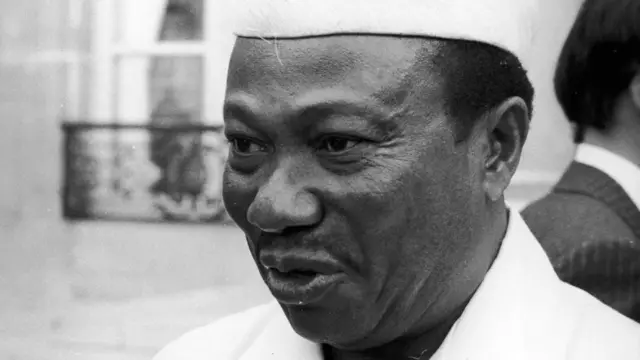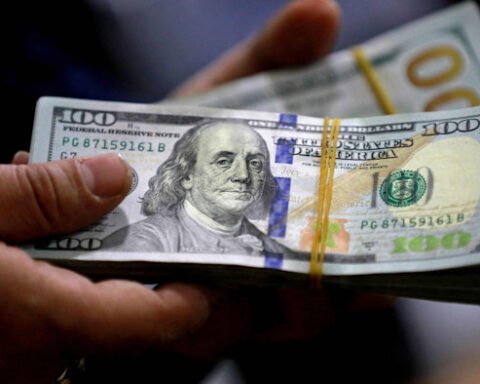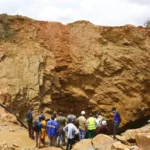In a powerful act of national remembrance, Liberia will on Tuesday hold a symbolic state funeral for its former president, William R. Tolbert Jr., and 13 of his cabinet ministers—marking 45 years since their violent deaths in the 1980 military coup d’état that altered the country’s trajectory.
Though their bodies were never found, empty caskets will be laid to rest in Monrovia to honor their memory. The state ceremony will be attended by President Joseph Boakai, alongside senior government officials, religious leaders, and family members of the victims.
This gesture, while symbolic, is being embraced as an essential step toward national healing, decades after one of the darkest chapters in Liberian history.
President Tolbert, who came into office in 1971 after succeeding William Tubman, had begun modest reforms to open up political space and address inequality. But mounting economic pressures, youth unrest, and discontent with the privileged Americo-Liberian elite provided fuel for rebellion.
On April 12, 1980, a group of soldiers led by Samuel Doe, a 28-year-old Master Sergeant in the Armed Forces of Liberia, stormed the Executive Mansion and assassinated Tolbert in his bedroom.
Soon after, 13 of his ministers were rounded up, hastily tried in what was widely condemned as a “kangaroo court”, and publicly executed by firing squad on a beach near Barclay Training Center, an army base in Monrovia. Their bodies were never officially recovered, and their families were denied any closure.ruth
The Tuesday funeral will feature a solemn procession and eulogies for each of the 14 officials. Though their physical remains remain missing, their names and legacies will be recognized with full state honors — a first in Liberia’s history.
“We must not forget what happened, but we must learn from it,” said a government official. “This is a step toward national reconciliation and dignity.”
The effort comes amid growing calls for Liberia to confront its past and act on the recommendations of its Truth and Reconciliation Commission, which documented abuses during the coup and two civil wars that followed. The commission’s final report recommended justice, reparations, and memorialization — most of which have not been implemented.
While many have welcomed the reburial as a step in the right direction, survivors and descendants of the victims still long for truth and accountability.
“We are grateful for this national recognition,” said a daughter of one of the executed ministers. “But what about justice? What about a full investigation? What about the truth?”
Liberia’s civil wars — the first between 1989 and 1997, and the second from 1999 to 2003 — left more than 250,000 people dead. Yet no major figures from that period have faced prosecution for war crimes or political violence.
For President Boakai, elected in 2023, the symbolic reburial represents a key moment to demonstrate leadership in restoring national unity and reaffirming commitment to human rights, democratic governance, and historical justice.







